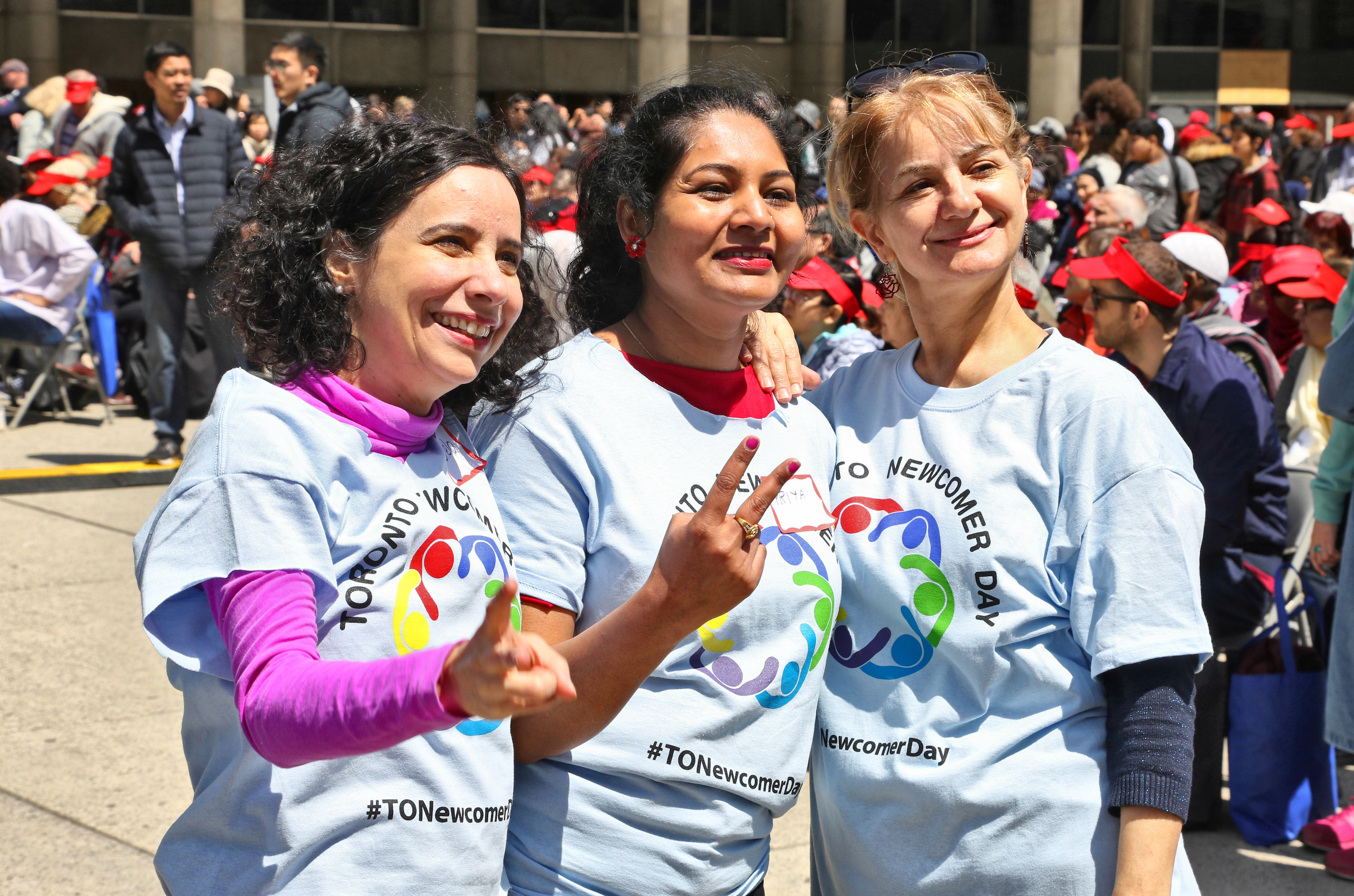
Environment
Canada’s first climate change election

Bipartisanship on immigration in Canada reflects explicit support for multiculturalism when in Australia it is more a reflection of unease
Published 25 October 2019
Canada’s federal election result was surprising in that unlike other recent elections in Western liberal democracies, this outcome was entirely expected.
A minority government led by Prime Minister Justin Trudeau’s Liberal Party was exactly what the polls were predicting.

Though it will require more precise post-election data to confirm, the reliability of the polls in Canada may in part be due to another surprising aspect of the election – the absence in the campaign of any substantial debate or policy difference over immigration.
In other recent liberal democratic elections in the West, immigration has been a highly divisive issue, making elections harder to predict.
Immigration has long been a wedge issue in the United States, where Democrats and Republicans regularly clash over immigration levels, illegal immigration and border patrol, and refugee policy.

Environment
Canada’s first climate change election
Similarly, immigration and European free movement are at the centre of the current political crisis over Brexit in the UK.
Among Western liberal democracies, Australia is perhaps most like Canada on immigration. But, while in Canada the largely bipartisan support for immigration is made explicit, in Australia the support of the major parties appears marked more by caution to avoid stoking anti-immigrant sentiment.
Like Australia, Canada is a multicultural country where the presence of significant ethnic and cultural diversity is central to the national identity and public debate.
However, unlike Australia, multiculturalism as an explicit policy is backed up by constitutional and legislative commitments and remains widely accepted in public debate.
While different political parties have different ways of discussing and implementing it – multiculturalism is uncontested in the Canadian context.

The 2019 election has only continued this trend.
Trudeau has been notable globally for his projection of an inclusive Canada open to immigrants, refugees, and multilateralism. The main opposition, the Canadian Conservative party, definitely doesn’t employ the same rhetoric.
But they also don’t substantially disagree with the Liberal party on immigration or migrant policy.
What is most noteworthy about the immigration debate in the Canadian election is the significant lack of disagreement amongst political parties. Most offered similar policies and positions, with the only variance being the degree of emphasis.

Arts & Culture
To bear witness in dangerous times
In fact, the only real difference was exactly what set of policies and programs would better ensure that immigrants to Canada have the support they need to enter the labour market and successfully integrate.
The one exception, which in this case really does prove the rule, is Maxime Bernier’s recently formed People’s Party.
Bernier is a former Conservative MP and leadership candidate who left the Conservatives to form his own party. He was the only candidate to either suggest reducing Canada’s immigration levels (from the current 300,000 a year to 150,000) or question its political project of multiculturalism.
However, Bernier lost his own seat and his People’s Party failed to win any seats at all. Already this is being called the death of Canada’s far right.
In the recent Australian election, there was also a similar bipartisan silence on immigration.

The most substantial pledge was from Prime Minister Scott Morrison, who promised to reduce the yearly permanent migrant intake from 190,000 to 160,000. Labor leader Bill Shorten didn’t substantially disagree and seemed more concerned to end the discussion to prevent “dog whistling by political leaders about immigration and asylum seekers”.
However, this shared and mutual silence across the two countries’ recent elections hides a major difference between them.
The lack of debate over immigration in Australia’s election has been attributed to implicit bipartisan agreement to avoid the issue and the power it gives the anti-immigrant stance of far-right parties.

Politics & Society
No policy without leadership
There is a long-standing and underlying unease in Australia over migration, population levels, and refugee policy that now form part of the structure of Australian political culture.
Like Canada, high immigration levels over many decades now means that migrant voters are key in many important constituencies in Australia. This makes immigration a dangerous ground for any major-party in a way it hasn’t been in the recent Canadian election.
So, while Prime Minister Morrison cautiously suggests a reduced cap, Prime Minister Trudeau has notably raised the immigration cap to 300,000 people per year and committed during the campaign to raising it to 370,000 by 2023.
All of this goes to show the uniqueness of the 2019 Canadian election.
While immigration seems to be only growing, year on year, as a divisive issue in most liberal democracies, there is a stability in the immigration system and political debate in Canada.
For the most part, Canadians agree with experts that immigration adds economic and social value to the country and the debate is over exactly how to make the most of this.

In contrast, Australian politicians in the major parties seem increasingly wary of the issue, and the potential that these debates to lead to the divisive politics we’ve seen in recent years in both the US and UK.
In this way, Australia and Canada may be on different paths from a common starting point.
Canadian major parties have more effectively delegitimised their far right on the immigration issue, while their Australian counterparts are in damage control mode: favouring bipartisan silence on immigration issues in order to give less fuel to far-right politics.
This article was co-published with Election Watch.
Banner: Canadian Prime Minister Justin Trudeau (R) with opposition Conservative Party leader Andrew Scheer (L) at a vigil in 2018 for 10 people killed in a van attack in Toronto. Picture: Getty Images